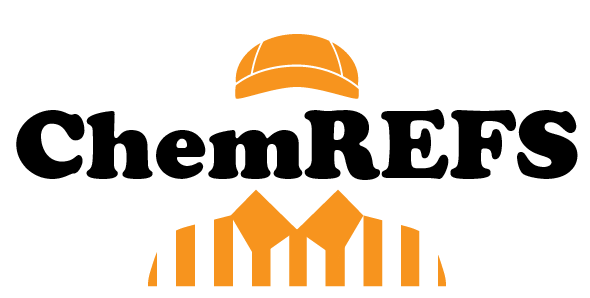Is my problem too small/too big/too complicated to go to the ChemREFS?
No! The ChemREFS are happy to talk to you about anything that is causing you stress, big or small. Common sources of “friction and stress” include academic classes, advisors and labmates, oral exams, experimental difficulties, and feelings of loneliness and isolation. Students also come to us when they are considering switching labs, going on medical leave, or leaving MIT. Even if your problem isn’t listed, don’t hesitate to contact us. We are here to help!
How do I set up a meeting with a ChemREF?
To set up a meeting, just email one of the REFS listed on current ChemREFS page. You do not have to say anything about your situation. Don’t worry about picking the “right” ChemREF; all of the REFS are familiar with the many challenges facing chemistry students, and we are happy to direct you to a different REF who might have more experience dealing with your particular issue.
What should I expect when I meet with a ChemREF?
The REF will arrange to meet with you in person at a location of your choice or virtually over Zoom. However, this does not have to be a formal meeting! Often students will meet with a REF over lunch or some coffee.
During the meeting, the ChemREF will listen to your concerns and ask questions to try to clarify the situation. He or she will not attempt to solve your problem or tell you what to do. Rather, through discussing the issue, he or she will try to clarify your options and help you choose among them.
If the problem is especially difficult or intractable, he or she may suggest other resources on campus that might be able to help you, such as the Ombuds Office, the Office of the Dean of Graduate Education, or MIT Mental Health and Counseling. A number of resources available on campus can be found here as well!
How are the ChemREFS trained?
Each ChemREFS member has received 32 hours of mediation training. After completing our training, we are required to remain up-to-date by attending monthly allREFS meetings.
What do the ChemREFS have to offer that I can’t get from a friend or other MIT organization?
Though we certainly encourage you to seek out help from all resources that are available, speaking to a ChemREFS offers some unique benefits. We are non-judgmental, will keep your situation strictly confidential, and will never pressure you to make a decision or take action. Through our mediation training, we have formed personal relationships with members of the Ombuds Office and the Office of the Dean of Graduate Education, and can direct you to specific people in these offices who may be helpful in solving your problem.
Is ChemREFS affiliated with WIC+ (Women+ in Chemistry) or CGSC (Chemistry Graduate Student Council)?
No. Though ChemREFS often co-sponsors events with WIC+ and CGSC, we are all separate organizations with unique mission statements. We do not hold joint meetings or share confidential information with WIC+ or CGSC.
Do you have any resource documents?
Yes, we do! We have documents about the ChemREFS program, resources around campus, oral exam preparation, negotiation in a power imbalance, and switching groups. These will slowly become available on our website. In the meantime, contact us for more information.
